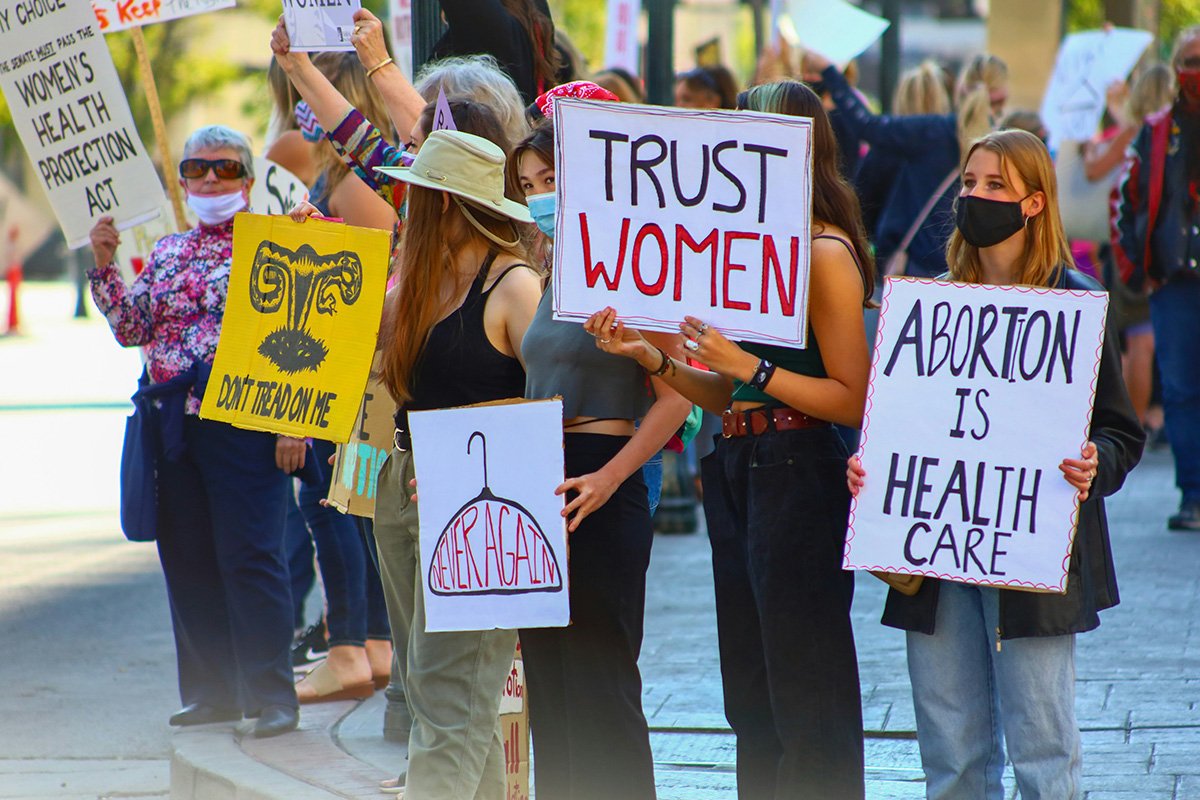July 27, 2015; High Plains Public Radio
United Methodist Health Ministry Fund (UMHMF) is dedicated to improving rural health care by using the ideas of locals about how the system might be changed to work better. The fund’s president, Kim Moore, says that change to those rural health systems is inevitable—“and if it isn’t guided by the people in the communities and their friends around the state who love and care for rural Kansas—instead it’s allowed to happen by external factors—the results may be a really poor health care system in much of our rural and frontier areas.” So the fund’s board asked rural health providers for transformational ideas to fund.
One such project is located in Clark County, where two small hospitals cater to communities with fewer than 1000 residents. Debbie Bruner heads one of these, Minneola District Hospital and its rural health clinic, and according to her, the need for mental health services as part of good primary care presents itself daily.
“A lot of your chronic conditions coexist with some type of a mental health issue that’s going on,” Bruner said. “Especially with your diabetics and your COPDs (chronic obstructive pulmonary disease), where it’s altered their lifestyle, a lot of times you will see depression coincide with that medical condition.” But right now, the closest mental health clinic is 40 miles away.
Sign up for our free newsletters
Subscribe to NPQ's newsletters to have our top stories delivered directly to your inbox.
By signing up, you agree to our privacy policy and terms of use, and to receive messages from NPQ and our partners.
Clinical director Travis Hamrick thinks having a mental health specialist right in Clark County would make a big difference in managing the chronic illnesses that not only land people in the hospital but also impoverish them. “For folks with diabetes, it takes a lot of coping skills to be able to manage that disorder,” Hamrick said. “You’ve got to be able to make your doctor’s appointments. You’ve got to be able to check your blood sugar levels. You’ve got to be able to take your medications consistently. Somebody with an emotional disorder or depression, at times they become hopeless or helpless and they just stop taking their medications.”
In the other small town, nearby Ashland, the Ashland Health Center’s medical director, Dan Shuman, said that in a relatively small community there’s also an embarrassment factor, an additional reason for integration of the service into primary care.
“Part of the benefit of having it integrated into the primary care side is when you show up, you just show up to the clinic,” he said. “You can privately talk to the front desk and tell them who you’re here to see, and once you walk back, nobody knows who you’re seeing.”
UMHMF’s grant is only a temporary fix, but it may allow the hospitals to demonstrate cost-effectiveness and better health outcomes, which may help persuade Medicare, Medicaid, and private insurers to pay for the model more long-term.—Ruth McCambridge












